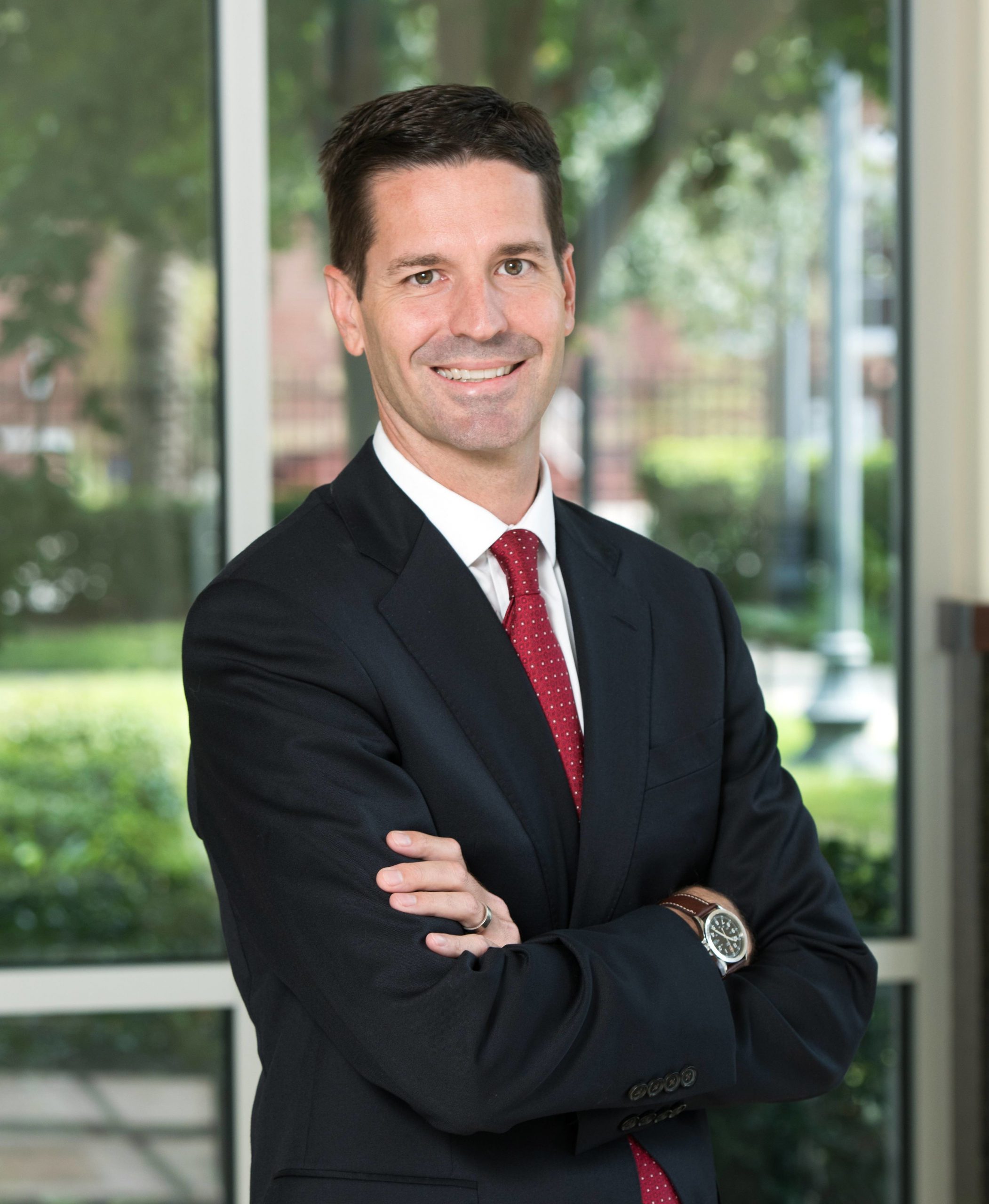Read the original article published in Smart Business Magazine’s January, 2018 digital edition here.
Private equity firms often get a bad rap. They can be characterized as cold-blooded, willing to eviscerate an acquired company and sell off its parts, scorching the community in the process.
That’s not the case at Signet LLC., a firm founded in 1995 by Anthony Manna. His preference is to build companies up.
“It was definitely more my personality,” says Manna, chairman and principal of Signet. “I used to watch guys when I first started practicing law rip companies apart. Candidly speaking, I’m sure some of those guys made a lot of money, but I’m not sure that the so-called shareholders really came out. In fact, my argument was they did not. I believe you should try to build something up and not destroy it.”
Signet’s approach has led to a reputation of goodwill, which in turn has amassed a currency of its own.
“There’s absolutely no question about it,” Manna says. “The longer people see over time that you continue to have that, that currency gets stronger.”
“We’re selling ourselves and we’re selling a philosophy,” says Ken Krismanth, Signet’s CEO and principal. “At the end of the day, you’ve got to be at the table. We’re not a commodity investor. We’re not just capital. It’s more than that.”
The firm has three basic platforms: operations, real estate and capital investments. It conducts business internationally and has a presence in seven states and Washington D.C. It has done about $4.5 billion dollars in total real estate development over the life of the company, currently has $400 million in assets under management, owns 25 companies and has about 700 employees.
With its diverse, evolving approach and balance of business, Signet needed to consolidate its image and worked to determine the best way to represent itself over the course of many months.
“We travel all over the world. It doesn’t matter if we’re talking to venture capital or PE firms or just family wealth offices. Everybody who looks at us goes, ‘you guys are different,’” Manna says.
Projecting balance
Signet began 2017 with an effort to hone its image so that the areas of business in which Signet is involved became clearer to the market.
“It’s a kind of repositioning of our company,” says Joel Maas, Signet’s director of marketing. “In this private investment model, because we were so interlocked with the development, because that’s such a core part of our business for so many years, we wanted to extract that and set up Signet LLC as the private investment mother ship company. Not to diminish the real estate, but just to treat it like the other platforms and other portfolio companies, we had to go through this major repositioning.”
The firm’s marketing materials and website had leaned too heavily on its real estate business. And before that, Signet was seen as more of an operating company. So, it sought a better balance in the way it articulates its position and objectives.
“We’ve always been a company that has invested in other operating companies or enterprises that has brought capital resources to the table and also has been involved in the development of the real estate side,” Krismanth says. “To the market, though, most people, if they had to define us, they would define us as a real estate company. So, we felt the need to sit down and say that in a better fashion. It’s not like those activities were all new. It was just a fact that at the end of the day, we needed to balance that messaging.”
Signet made a concerted effort to balance its portfolio to be better diversified. The 25 companies in its portfolio are grouped within 10 separate platforms based in part on scope and what they produce. Signet also acquires technology startups that it can commercialize.
In addition, the firm is the parent of Signet Developments, Signet Capital Advisors and Signet Healthcare Partners, using the Signet name to help each market themselves. Those businesses are set up as separate operating enterprises that each handle their own day-to-day operations. However, Signet President, COO and Principal Mark Corr says the firm is not a passive investor.
“We are actively involved, whether that’s through capital resources, whether that’s through management, whether that’s through networking or distribution,” Corr says, adding that much of its time is spent nurturing management in those operations.
Unique approach
Signet differentiates itself from other similar firms with what it calls a solution-monitored approach to every deal.
“What we like to do is find value propositions out there and ‘Signetize’ them by infusing marketing and strategy and refreshed capital, and just a whole different level of energy to create another chapter or a new direction for that company,” Corr says.
The idea is to deploy its resources to help drive value, whether it’s through better management, creative capital, help from an existing network, a better strategy or simply new energy. The company unleashes its assets to resolve the issues of the companies in its portfolio and help them realize success.
Corr says the firm looks specifically for opportunities that demonstrate that there’s tremendous growth potential and specialized niche markets, regardless of the field. That means looking ahead to see where the market is moving and what the regulatory issues are, what’s coming down the path, and be in a position to take advantage of those opportunities.
Leadership uses the term triangulate, which references the three of them, each with different personalities and different skill sets, looking at a deal from different angles. That, Corr says, gives them a thorough picture of an opportunity and what the future holds, where the opportunities might be and how to put together the right team to foster and execute on a deal.
The approach has led to an average of 25 percent growth each year since Signet’s inception. That type of growth takes constant investment in people to maintain it, which puts the focus on what Manna calls intellectual capital.
“You need a great team,” Manna says “Ken and Mark have been involved with Signet for almost 20 years. Through their expertise and in the type of character they have, people want to come and be part of Signet.”
Fostering culture
As the company continues to add key people, it has shifted from hiring generalists to hiring specialists.
“I focus on the intellectual capital aspect of it and that gets down to finding people who have the competence and the character because we’re big on having people come in and stay with us. That’s very important to help us grow,” Manna says.
Krismanth adds that, given the company’s structure, it’s not just about the Signet mother ship providing employees or expertise. It’s also about connecting each of their resources, contacts or particular industry knowledge to the others.
“Getting those companies to work together, those managers to work together as much as possible is the most power, hopefully, of the value that we could bring to the table in those industries,” Krismanth says.
To do that, Signet holds regular board meetings across the entire portfolio a couple times a year and has learned how to better structure those meeting agendas to be most productive and drill down into the actual meaningful issues so meeting time is used efficiently.
When it comes to startups and new acquisitions, conference calls are regular and in-person visits are frequent. Otherwise, the communication frequency is based on need — ranging from monthly to weekly and from an hour to two hours.
“When you buy a company, you want to provide it with strategic direction and the resources to help them get to where they want to go,” Manna says. “Then pretty much you’ve got to get the hell out of the way. When there’s a situation, startups and so forth that require much more intense communication, you do it very frequently. But once they get going you have got to step back, let them breathe a little bit, and go out and carry out the plans.”
Bound by nothing
Manna says one of the benefits of Signet’s continued growth is that its comparative strength enables the company to transact more strategically today and look down the road to how an opportunity can be made to grow. When the company started, its lack of money meant it had to take whatever deal could be had just to stay in business.
Moving forward, he wants Signet to maintain its entrepreneurial spirit and not get complacent.
“We want to go out there and take some risks. We want to get out there and make things happen,” Manna says.
“We are bound by nothing in terms of the opportunities that come to us because we are generalists and have a diverse background in so many different areas,” Corr says. “We can look at pretty much darned near anything and be able to size it up and determine if it’s something that we can bring some value to and it fulfills the ongoing mission of this organization.”

 Signet Real Estate Group has announced that Jason Perry has been promoted to President of Signet Real Estate Group’s development and project management divisions. Perry’s former role was Senior V.P. and Managing Director of Signet Development.
Signet Real Estate Group has announced that Jason Perry has been promoted to President of Signet Real Estate Group’s development and project management divisions. Perry’s former role was Senior V.P. and Managing Director of Signet Development.